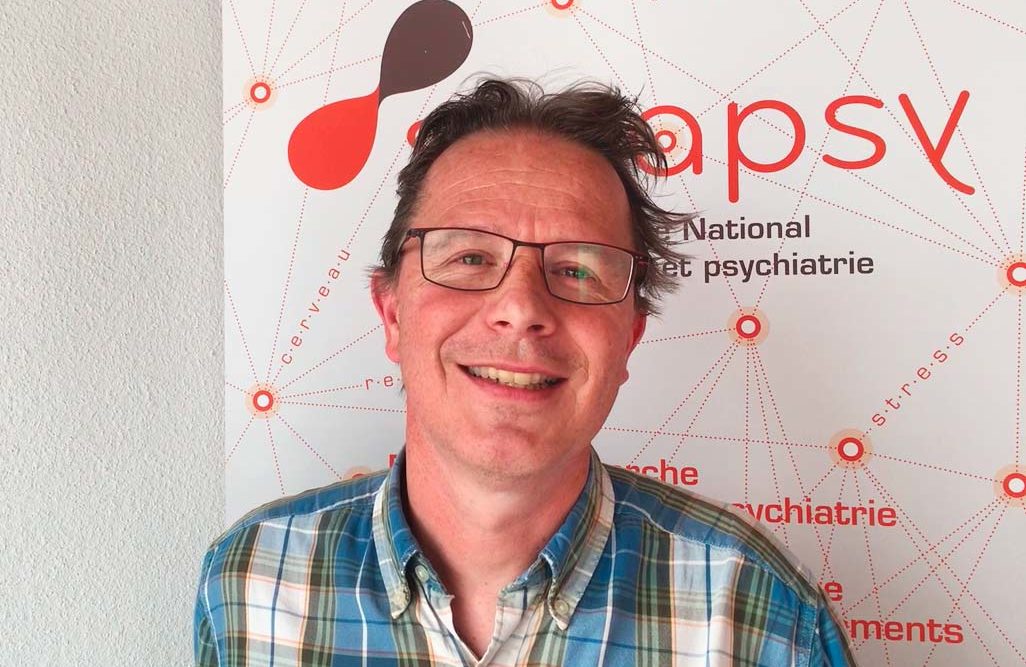Alexandre Reymond – Puzzled About the Way Nature Works
8 September 2019

Alexandre Reymond has a dual biochemical and biological background with undergraduate studies at the University of Lausanne (UNIL). Alexandre entered research via a PhD at the Swiss Institute of Experts on Cancer Research (ISREC) before continuing with a post-doctoral fellowship at Harvard Medical School. He built his first lab in Italy, at the Telethon Institute of Genetic Medicine, where he was studying human genetics. From there, Alexandre went back to Switzerland to the Department of Genetic Medicine at the University of Geneva before joining the Center for Integrative Genomics (CIG) at UNIL in 2004 as a tenure track professor. Alexandre is now a full professor and the current CIG director.
How did your fascination for genetics develop?
I am a passionate bird and mammal watcher, fascinated by the different facets of nature. I’ve always been quite puzzled about how nature works. In that sense, genetics was just a natural step. For my studies, I could have chosen zoology but I realized that genetics actually offered the best tool for zoologists. At that time, I was more intellectually challenged by genetics, keeping zoology as a hobby.
Do you have any interest in neurosciences and psychiatry?
Yes, I have always run projects related to the brain. More particularly, I am used to working on the genetics aspects of intellectual disability. In fact, mutations causing intellectual disability are quite frequent because a lot of genes are important for the proper functioning of the brain and of cognition.
Is the genetics variant approach well perceived by neuroscientists and psychiatrists?
I think so. Of course, we bring a new perspective. If it allows us to really begin to understand why one patient is different from another, it might be a step in the right direction. If we can do this, we will certainly be perceived well because we will facilitate the work of neuroscientists, psychologists, psychiatrists and neurologists.
